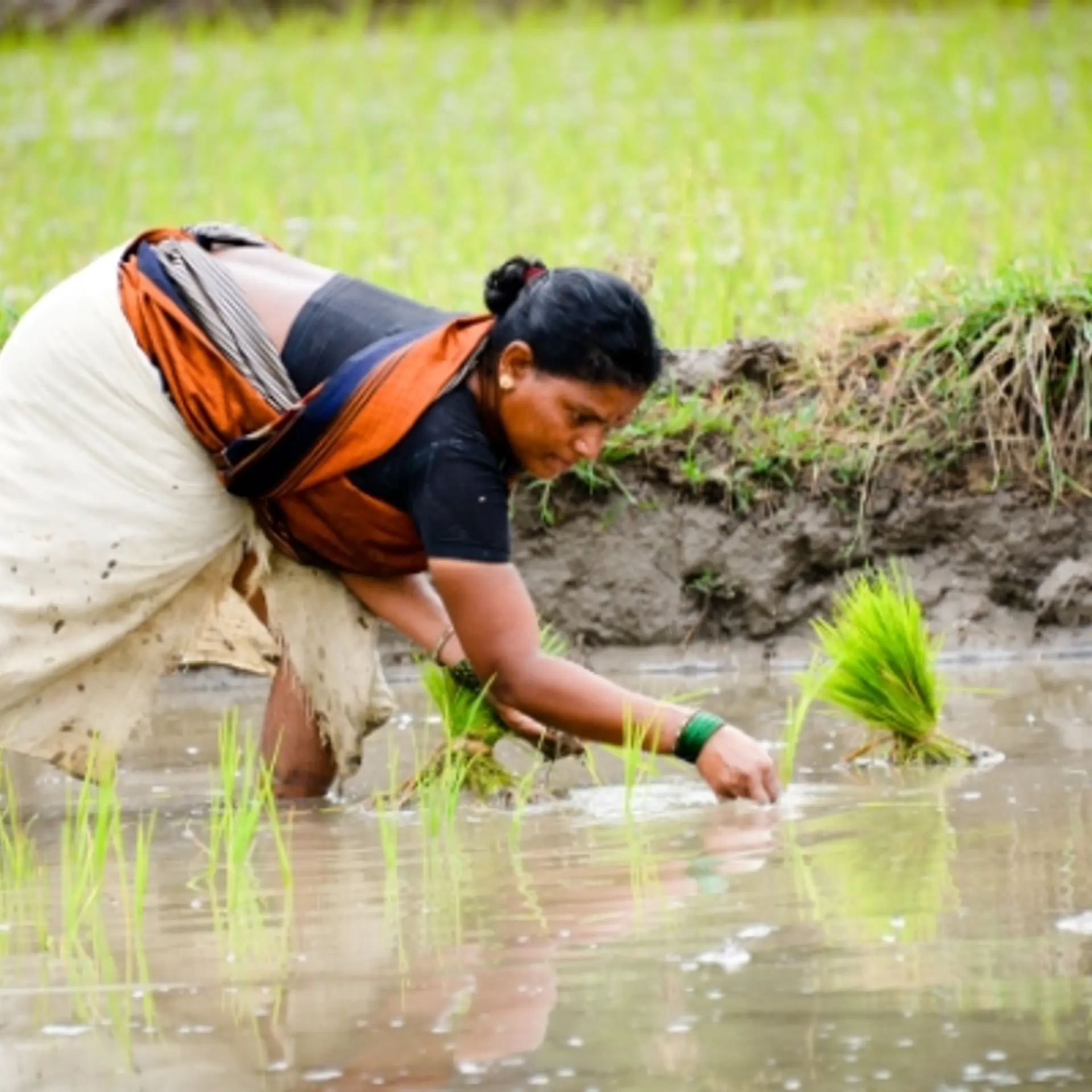Bringing Innovations to Market: Students exhibit innovative solutions to MSME problems at the ‘Innovate to Lead - Innovation camp’ in Aurangabad
The excitement at GIZ’s ‘Innovate to Lead - Innovation Camp’ at MGM’s Jawaharlal Nehru Engineering College campus in Aurangabad on May 7 was so high that it could easily be bottled and stored for posterity.
And why shouldn’t it be? It was a great opportunity for students of engineering colleges from the city and surrounding areas to come together after months of hard work and perseverance to showcase the solutions they had come up with for the industry. 100 solutions and prototypes ideated by 600 students from 12 different academic institutes, for industry problems identified in over 90 MSMEs, were displayed during the event.
Out of these 100 projects, a jury consisting of members from the industry and academia, shortlisted six projects that ranked the best in terms of innovation, problem solving techniques, and implementation. The six teams presented their solutions on stage and received Rs 20,000 as a seed fund from Tata Technologies, a partner in this initiative to scale up their ideas into entrepreneurship opportunities.
As an initiative by the Deutsche Gesellschaft für Internationale Zusammenarbeit (GIZ), GmbH the Innovation Camp was organised as a part of the ‘Programme for Modernisation and Innovation Promotion in Micro, Small, and Medium-sized Enterprises (MSME INNO)’, which is jointly implemented by the Ministry of Micro, Small, and Medium Enterprises, Government of India.
India: An innovative nation
Addressing a packed hall at MGM-JNEC campus, Mr Chaman Lal Dhanda, Head of Project, MSME INNO said, “India is becoming a country of innovation as we move from jugaad to real innovation. This collaboration of industry and academia will be self-enriching. The projects developed by students prove that they have created a value for the industry.”
He added that the partnership with the Marathwada Association of Small-Scale Industries (MASSIA) had been a fruitful one for the region in terms of policy support.
The event was also attended by Mr B. S. Joshi, Joint Director of Industries, Government of Maharashtra. Stating the importance of industry academia exchange, he remarked, "By coming together, MSMEs and academia are achieving something that has never been seen before. The MSMEs get the ingenious solution and students get great exposure."
Dr H. H. Shinde, Principal, MGM-JNEC highlighted the role of academia in driving the nation’s development, tagging academia as the best innovator.
Mr Siddhartha Yawalkar from Tata Technologies said, "We are excited to be a part of this program that enables students to work on problems and create solutions that can cultivate entrepreneurship."
Innovative Solutions to Old Problems
Most of the solutions showcased during the event have either been implemented or are ready to absorb in the market. This substantiates the fact that the academia can help MSMEs innovate - make use of latest technology and develop new products, processes or improve the existing ones. Thus, saving them costs and an increase in productivity and efficiency.
Here is a brief on the six projects that were presented during the event.
1. ‘Ring spanner to mount collate nut on CNC/VMC’ for Nimanshu Industries: The all-girls team from Shri Guru Gobind Singhji Institute of Engineering & Technology helped the company resolve quality issues and minimise the risk of collate nut damage.

2. ‘OEE measurement using IoT technology’ for Vijay Co Polymers: The team from the International Centre of Excellence in Engineering and Management developed a solution to automatically calculate the overall equipment efficiency (OEE) that led to elimination of bottlenecks and improved efficiency by 50 percent. The success of this low-cost product (Rs 10,000) resulted in the company sponsoring 40 more IoT projects.

3. ‘Automatic Tool Vending Machine’ for Grind Master Pvt. Ltd.: The team from MGM’s Jawaharlal Nehru Engineering College developed a tool vending machine that reduces the operator tool search time and increases productivity. Based on the success of the prototype, the industry is willing to develop a similar large-scale machine with 100 sets of tools.

4. ‘Automatic LED panel tester’ for Manu Electrical: The team from GS Mandal’s Maharashtra Institute of Technology developed an automated, flexible fixture that reduces testing time, manpower and increases productivity saving the industry Rs 8,73,600 annually. This low-cost automation (Rs 13,000) solution can be adopted in all industries manufacturing LED panels and is estimated to have the potential to save a total of Rs 2 crore in the 25 companies present in Aurangabad alone.

5. ‘Image processing system to identify different surface defects’ for Dhananjay Enterprises: The team from Deogiri Institute of Engineering and Management Studies presented a smart solution to carry out quality checks on gear plates. The solution helps identify defective plates faster. There’s 80 percent reduction in manpower and the time to sort is reduced from 3-4 minutes to 3 seconds per plate.

6. ‘Customised ERP System’ for Chandra Electrical and Electronics: The team from CSMSS Chh. Shahu College of Engineering, Aurangabad developed an ERP system through which the company can easily track the work-order details and the progress of their production.

The enriching experiences during the event, make it clear that the industry-academia collaboration will strengthen innovation capacity and sustainability of MSMEs. Hence, irrespective of the industrial sector, this event will play a pivotal role in helping the enterprises reexamine their current role in the ecosystem and enable themselves to contribute to the growth and development of the country’s private sector.


1571409224486.png)





